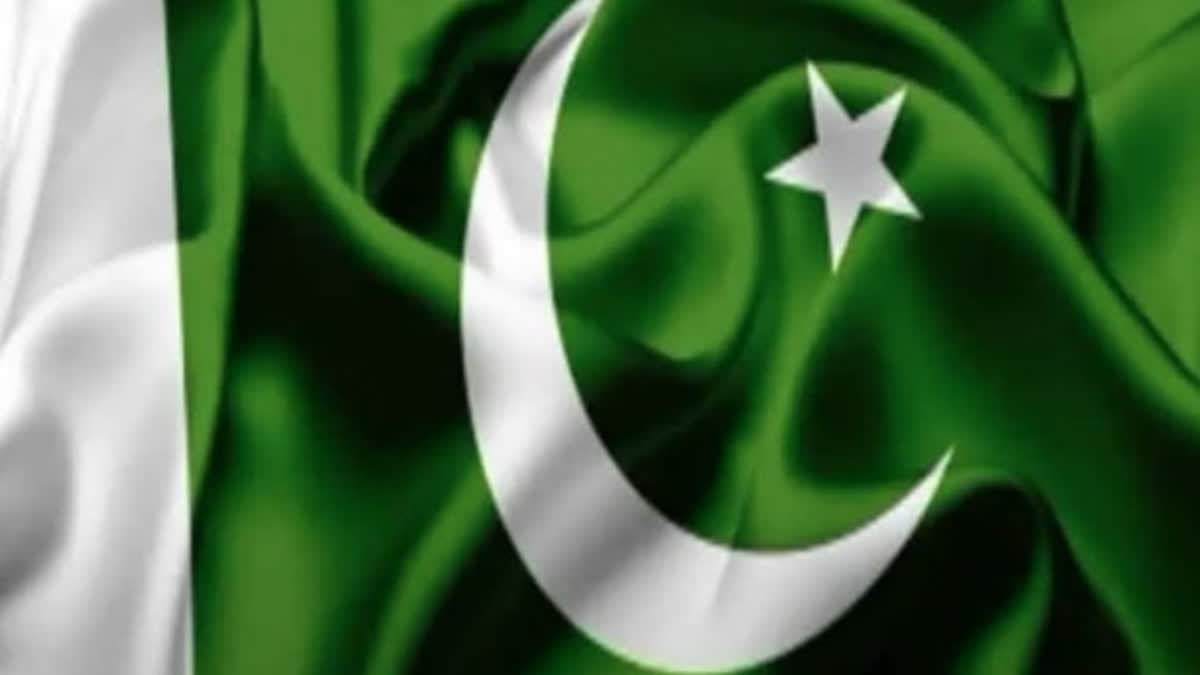New Delhi: Defence expert Praful Bakshi emphasised on Wednesday that China seeks to maintain control over PoJK due to its significance for the China-Pakistan Economic Corridor (CPEC), which passes through various parts of Pakistan-occupied Jammu and Kashmir (PoJK). Speaking to ANI, Praful Bakshi said, "China is wanting to keep PoJK on its side because... the project of CPEC, China-Pakistan Economic Corridor, goes through various portions of PoJK, and China would be very keen to occupy the airfield, etc., in PoJK for its own military benefit."
China-Pakistan Economic Corridor (CPEC) is a USD 50 billion Pakistani component of China's Belt and Road Initiative (BRI). The 3,000 km Chinese infrastructure network project is under construction in Pakistan and aims to connect Pakistan's Gwadar and Karachi ports to China's Xinjiang Uygur Autonomous Region by land.
Praful Bakshi also highlighted the statement by the Ministry of External Affairs regarding PoJK and said, "What the External Affairs Ministry has said is, it was always said that PoJK is an integral part of India." "So China is looking at this from its angle. And China does not want any flare into that place, lest it become so violent that its project gets hampered," he added.
This comes in the wake of violent protests and a shutter-down strike in Pakistan-occupied Jammu and Kashmir (PoJK) demanding fair electricity pricing and subsidised wheat flour. At least three people were killed in the clashes in PoJK. Defence expert Bakshi further said that China pursues its own interests and is "not a reliable ally" to Pakistan or any other country.
Violent protest in PoK
Pak occupied Kashmir is witnessing violent protesters for the past several days. Violence over price hikes has left four people dead after authorities agreed to lower prices of electricity and wheat. The local civil rights alliance, the Awami Action Committee, said it had called off a planned march in the city of Muzaffarabad, the capital of the Pakistan-held part of the disputed Himalayan region, after the government accepted all of its demands.
The protests against price hikes erupted last Friday and quickly turned violent. Four people, including a police officer, were killed in clashes between demonstrators and security forces, who used tear gas and opened fire.
More than 100 policemen were injured, authorities said. Late on Monday, the head of the local government, Chaudhry Anwarul Haq, said he had reduced prices of wheat and electricity.
The economic crisis in the Pakistan-held Kashmir reflects the broader troubles in the country. Pakistan’s monthly inflation rate hit 40% last year, and remains at 17%.
Although Pakistan and also the Pakistan-held Kashmir have witnessed demonstrations against price hikes in the past, the Kashmir rallies were the first time people came out on the streets in the territory in such a large numbers.
Kashmir is divided between India and Pakistan but both claim the entire territory. The two nuclear-armed neighbors fought two of their three wars since 1947 over their competing claims to the region. In the Indian-controlled portion of Kashmir, militants have fought against Indian rule since 1989. In 2003, the two nations agreed on a cease-fire that has largely held despite regular skirmishes.
Read more
Situation Tense As Strike In Pakistan-Occupied Kashmir Enters Fourth Day



